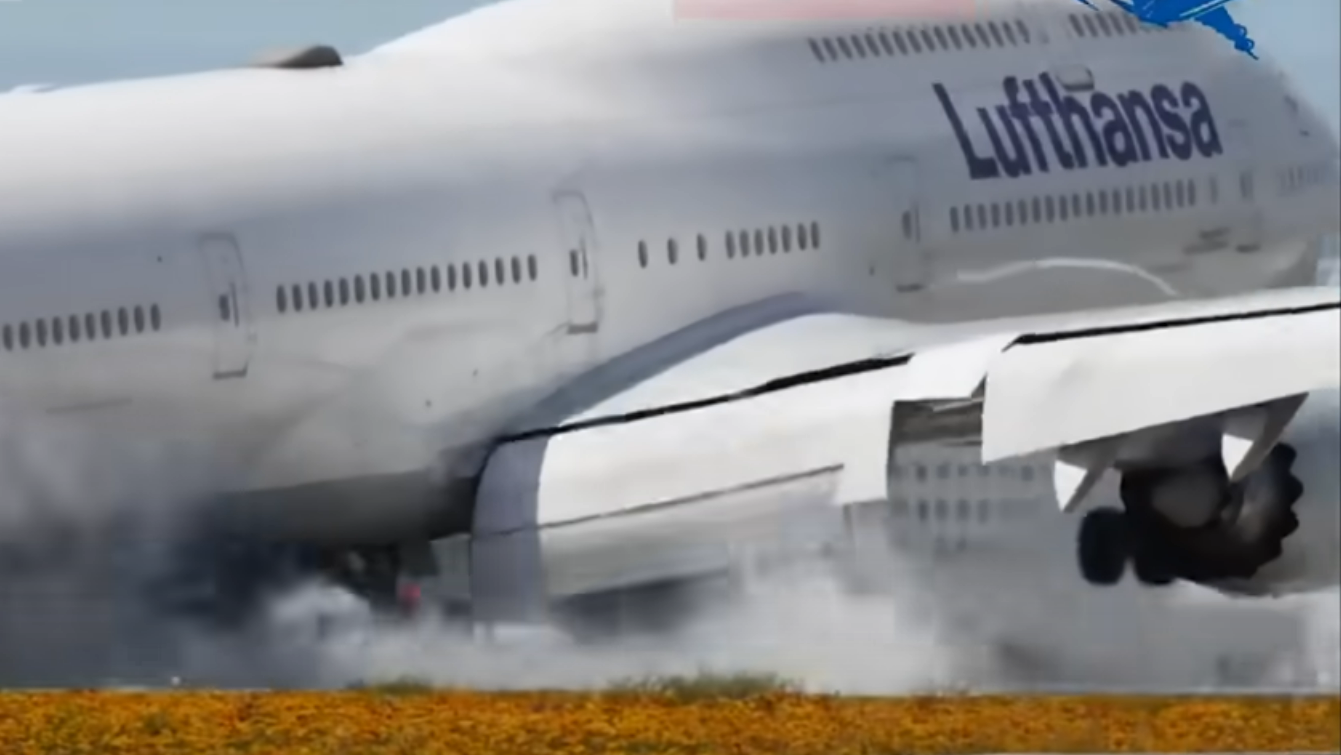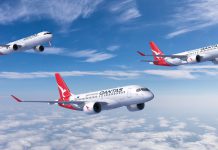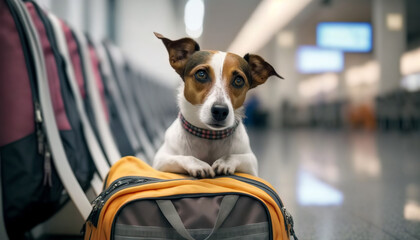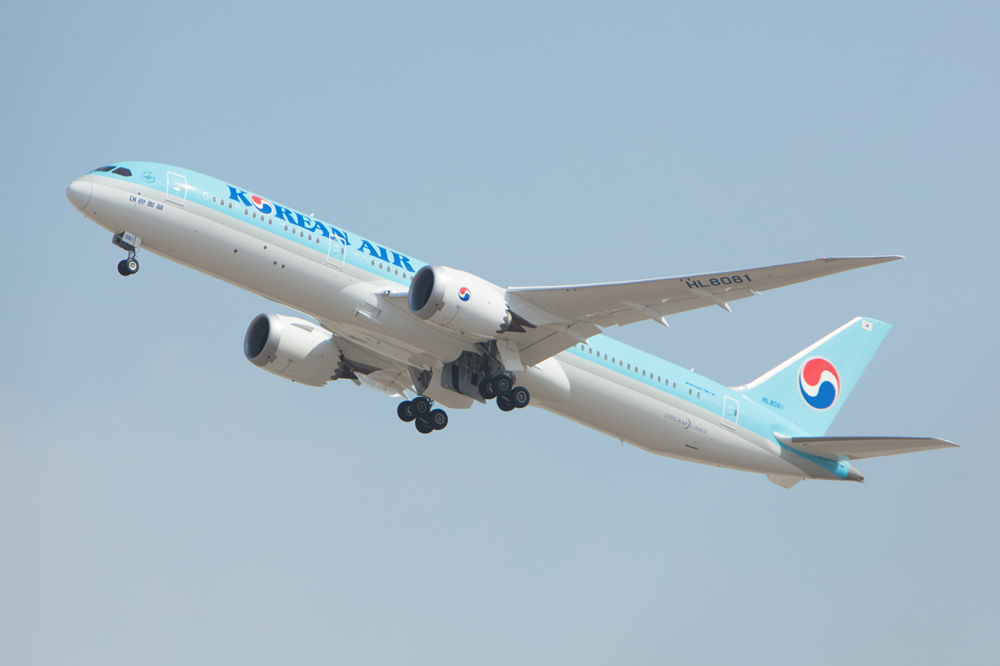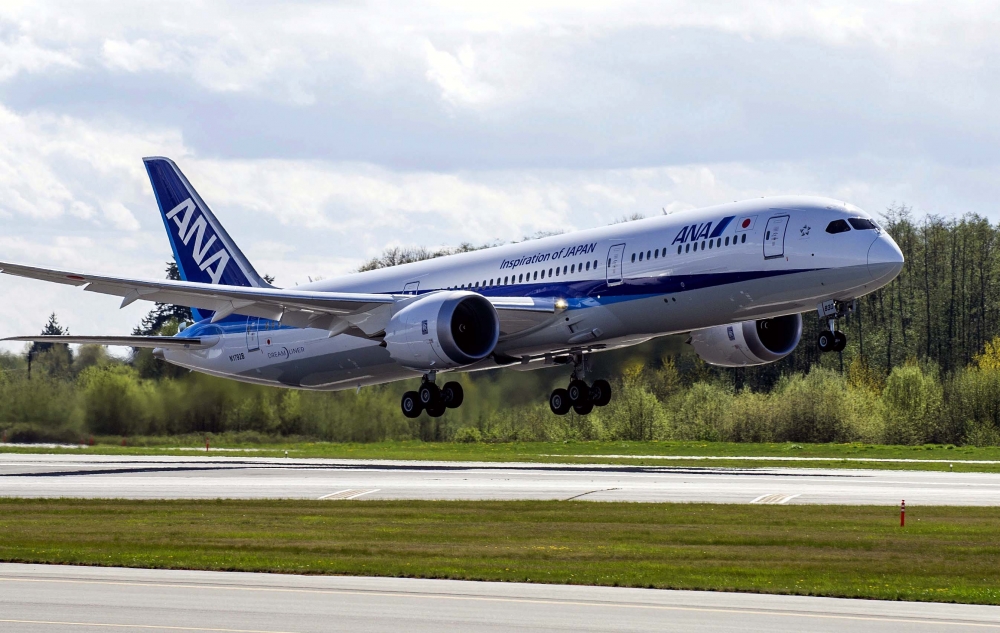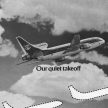Growth in passenger and freight demand in the bellwether airline industry is slowing and industry officials warn that terrorism and the Brexit vote make it unlikely there will be an uptick any time soon.
Total global passenger traffic was 4.6 per cent higher in May compared to the same month in 2015 but international passenger growth slowed for the third consecutive month to 4.3 per cent.
The increase in global freight traffic was a lacklustre 0.9 per cent as growth flat-lined across all regions except Europe and the Middle East. Air freight is a key indicator of global economic health.
“Global trade has basically moved sideways since the end of 2014 taking air cargo with it,’’ said International Air Transport Association director general Tony Tyler. “Hopes for a stronger 2016 are fading as economic and political uncertainty increases. Air cargo is vital to the global economy but the business environment is extremely difficult and there are few signs of any immediate relief.’’
The important Asia-pacific market, which accounts 38.9 per cent of global air freight market, entered negative territory with a May fall of 0.7 per cent compared to 12 months ago and cargo holds that averaged just over half full.
Latin America was hardest hit with freight tonne kilometres down 9.7 per cent and even the normally vibrant Middle East market reported a modest rise of 3.2 per cent.
A regional breakdown of May international passenger traffic painted a rosier picture but a 5.1 per cent rise in Asia-Pacific traffic was outstripped by a 6.4 per cent increase in capacity and IATA said the strong upward momentum of recent months had stalled.
The Middle East carriers again led the field with an 11.8 per cent increase followed by Africa at 9.5 per cent. Latin America recorded growth of 5.1 per cent, while Europe turned in an increase of 2.1 per cent to leave North America last at 0.5 per cent.
Domestic demand was up 5.1 per cent globally but Australian, Brazilian, Russian and Japanese airlines all cut capacity in the face of falling or negligible growth. Australian domestic capacity was down 2.9 per cent on growth of 0.4 per cent while capacity in Brazil fell 8.1 per cent as traffic contracted 7.7 percent.
Mr Tyler blamed a combination of factors for a slip in passenger demand growth to more historic levels after a strong start to the year.
“These include continuing terrorist activity and the fragile state of the global economy,’’ he said. “ Neither bode well for travel demand. And the shocks of Istanbul and the economic fallout of the Brexit vote make it difficult to see an early uptick.’’


